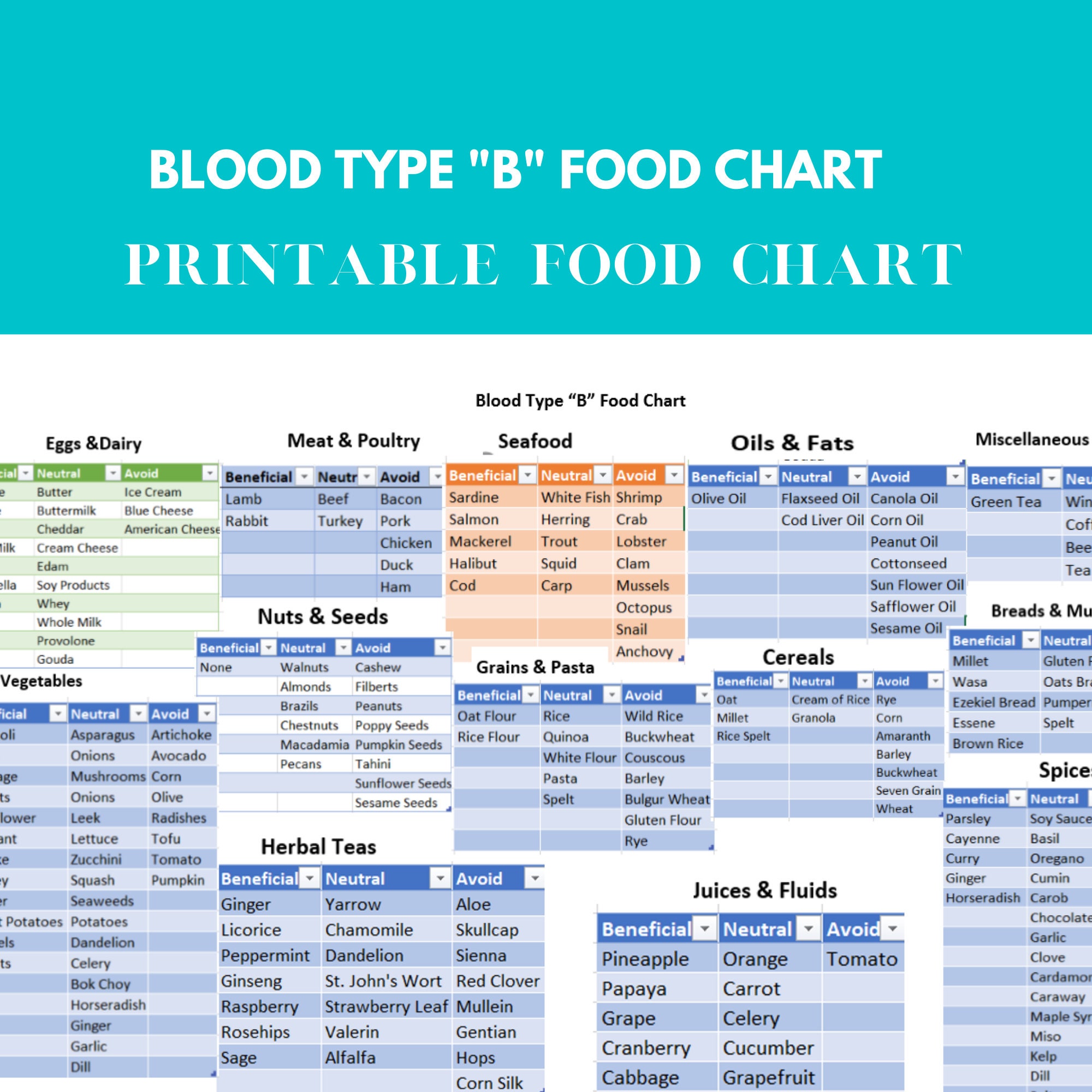
Learn more about Sickle Cell Anemia and Sickle Cell Heroes here. When you donate blood with LifeSouth Community Blood Centers, your blood will be tested to see if you are a special match for a patient with sickle cell disease.

With an estimated 1 in 365 African-American children born with sickle cell disease, it is the most common inherited blood disorder in the United States. Same-race blood donations are more likely to be a match. Multiple transfusions can cause complications that is why it’s critical to find blood donors whose blood types more precisely match those of sickle cell patients. Sickle cell patients may need many blood transfusions during their lifetime, some as frequently as every four weeks. An increased distance to the donors nearest donation center has a stronger positive relation with blood donor lapse among donors with other blood groups than. It can cause breathing issues, and more commonly excruciating pain that can last between a few minutes to a few weeks called a sickle cell crisis. The researchers used blood group A as a reference for how likely people were to catch the coronavirus.Sickle cell disease is a genetic blood disorder that causes abnormal blood flow from irregularly shaped red blood cells, which carry oxygen. The list below shows the percentage of donors with each blood type:ĭata from NHS Blood and Transplant, accurate at December 2018. There are eight main blood types but some are rarer than others. If there's no reaction, donor blood with the same ABO and RhD type can be used. B negative red blood cells can be given to both B and AB patients. However, screening tests for pancreatic cancer are not to be based on blood type alone as there are a number of other contributing factors. Blood or plasma that comes from people who have been paid for it cannot be used. Less than 2 of the population have B negative blood. More research has been done to show that those with type A have a 32 higher risk of developing pancreatic cancer, type AB have a 51 higher chance and type B have a 72 higher chance. If you have a blood transfusion - where blood is taken from one person and given to another – your blood will be tested against a sample of donor cells that contain ABO and RhD antigens. Four main red blood cell types: A, B, AB and O.
B NEGATIVE BLOOD TYPE PAY SERIES
If the blood does not react to any of the anti-A or anti-B antibodies, it's blood group O.Ī series of tests with different types of antibody can be used to identify your blood group. If, for example, the solution contains anti-B antibodies and you have B antigens on your cells (you're blood group B), it will clump together. To work out your blood group, your red cells are mixed with different antibody solutions. Your blood group is identified by antibodies and antigens in the blood. This is so your blood can be matched to someone with the same blood should they need it.īlood is made up of red blood cells, white blood cells and platelets in a liquid called plasma. Your blood group will be checked if you give blood through NHS Blood and Transplant, and it will be recorded on your official donor card. special compensation for their time associated with each plasma donation and. Blood Group, Individuals with Rh antigen on red cells, Individuals with No Rh antigens on red cells. The Basques have the highest incidence of the gene out of any population in the world. Both men and women with negative blood types (A-, B-, AB-, and O-) are Rh.

One population which contains an unusually high frequency of the gene for the Rh-Negative blood type are the Basques from northeastern Spain. You can find out your blood group if donate blood, which only one in 25 people do, according to the NHS. (ec-jpr/ CC BY NC ND 2.0 ) Rh-Negative Blood Lineages.
B NEGATIVE BLOOD TYPE PAY PROFESSIONAL
Sometimes a healthcare professional will check your blood type for medical reasons or if you need a blood transfusion. GPs do not routinely do tests for people's blood groups.


 0 kommentar(er)
0 kommentar(er)
